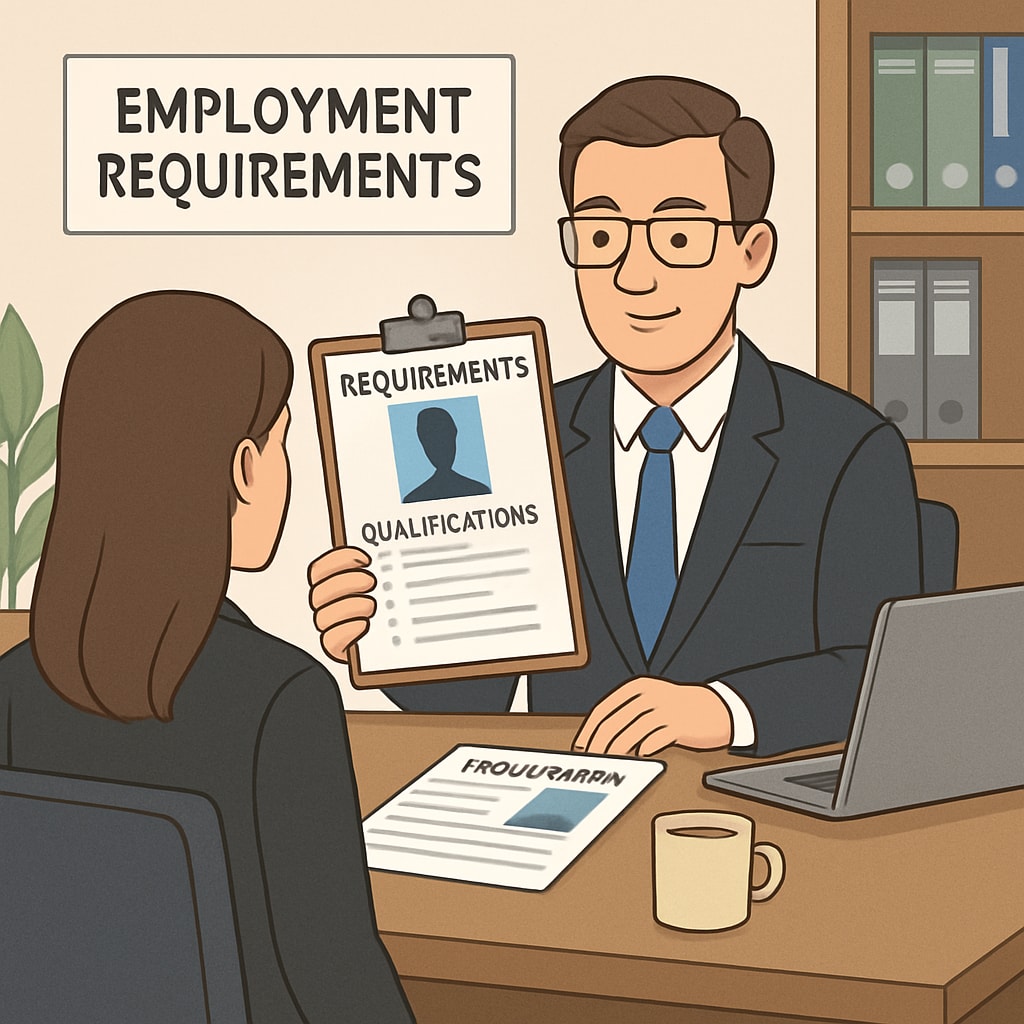Arizona’s employment policy has become a focal point of debate as it highlights a puzzling contradiction: the state government requires a high school diploma for certain jobs while disregarding advanced college degrees. This policy has led to accusations of “degree discrimination,” raising questions about the value of higher education, employment requirements, and the fairness of education certification systems. The controversy has sparked a heated discussion about whether such policies are outdated or necessary to uphold standardized qualifications.
The Policy and Its Contradictions
In recent years, Arizona has implemented strict employment requirements in its government departments. One specific case that has gained attention involves a job applicant who held three advanced college degrees but was disqualified for not possessing a high school diploma. This situation underscores a glaring contradiction in the state’s education certification system. On one hand, higher education is often promoted as a pathway to success; on the other hand, this policy suggests that a high school diploma—a credential surpassed by college degrees—remains indispensable for employment eligibility.

The rationale behind such requirements is rooted in maintaining a uniform standard for all applicants. However, critics argue that these rules fail to account for individuals’ broader educational achievements and professional capabilities. As a result, highly qualified candidates may be unjustly excluded from opportunities, leading to inefficiencies and dissatisfaction in the workforce.
Reevaluating the Value of Higher Education
Arizona’s policy brings into question the broader societal value placed on higher education. Traditionally, college degrees have been viewed as evidence of advanced knowledge and specialized skills. Yet, the state’s employment requirements suggest that these qualifications may not always supersede foundational education, such as K-12 schooling. This raises critical questions:
- Does a high school diploma inherently guarantee skills that college degrees do not?
- Should advanced education automatically fulfill or override basic certification requirements?
- Are such policies inadvertently discouraging people from pursuing higher education?
From an economic perspective, prioritizing a high school diploma over college degrees could undermine the incentives for individuals to invest in higher education. In addition, this policy may disproportionately affect nontraditional learners—such as those who bypassed high school but later excelled in college—by denying them opportunities despite their proven competencies.

Challenges in Synchronizing K-12 and Higher Education
The Arizona case also highlights a systemic challenge: the disconnect between K-12 education and higher education. While these systems are intended to complement each other, gaps in their alignment often lead to confusion in employment policies. For example:
- Some individuals may lack a high school diploma due to unique circumstances, yet they excel academically in college.
- Employers may view K-12 credentials as evidence of basic skills, while perceiving higher education as specialized training.
- States like Arizona may struggle to establish policies that accommodate diverse educational pathways without diluting credentialing standards.
Addressing these challenges requires a more holistic approach to education policy. Policymakers need to recognize that the modern workforce values both foundational skills and specialized expertise. Rather than imposing rigid certification requirements, states could explore alternative methods of evaluating candidates, such as competency-based assessments or professional portfolios.
Finding a Balanced Approach to Employment Requirements
To resolve the controversy, Arizona and other states must strike a balance between maintaining fair employment standards and recognizing diverse educational achievements. Possible solutions could include:
- Allowing college degrees to substitute for high school diplomas under specific circumstances.
- Introducing flexible credentialing systems that evaluate both academic and professional experience.
- Promoting lifelong learning initiatives to bridge gaps between K-12 and higher education.
Ultimately, the goal should be to create policies that value education holistically rather than prioritizing one type of credential over another. By doing so, states can ensure that their workforce policies remain fair, inclusive, and aligned with the realities of modern education and employment.
Readability guidance: This article uses concise paragraphs, bullet points to summarize key ideas, and a structured discussion to enhance clarity. Transition words such as “however,” “in addition,” and “as a result” are used throughout to improve flow. Long sentences and passive voice are minimized to maintain readability.


